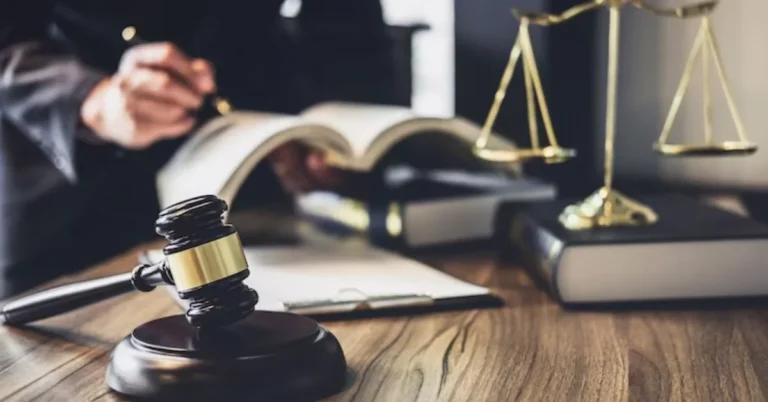In the area of academia, in which the pursuit of know-how intersects with institutional rules, controversies regularly emerge. One such controversy that has these days made headlines is the C.W. Park USC lawsuit. This felony struggle has drawn attention now not handiest within instructional circles but also in broader discussions about variety, equity, and inclusion. Let’s delve into the information of this example, analyzing its origins, implications, and the wider issues it brings to the forefront.
The Genesis of the Lawsuit
The C.W. Park USC lawsuit stems from allegations of discrimination and retaliation within the University of Southern California’s (USC) Marshall School of Business. Dr. C.W. Park, a distinguished professor renowned for his contributions to the field of marketing, filed the lawsuit against USC in [Year]. Dr. Park, who had been a college member at USC because [Year], alleged that he confronted systematic discrimination based on his race and country-wide origin, as well as retaliation for talking out in opposition to those discriminatory practices.
According to court files, Dr. Park asserted that despite his exemplary instructional file and significant studies achievements, he was subjected to unequal treatment in comparison to his white colleagues. The lawsuit highlighted instances in which Dr. Park was allegedly passed over for promotions and denied get right of entry to to resources afforded to his friends. Furthermore, he claimed that his efforts to address those disparities had been met with hostility and retaliation from university officers.
Legal Proceedings and Allegations
As the legal proceedings spread out, the C.W. Park USC lawsuit delivered mild a sequence of troubling allegations. Dr. Park accused USC of violating federal and country legal guidelines prohibiting discrimination based on race and country-wide starting place. His claims underscored broader issues of variety and inclusion inside educational institutions, elevating questions on the efficacy of existing regulations and practices in addressing systemic biases.
The lawsuit also sheds mild on the demanding situations confronted with the aid of minority school members in navigating predominantly white educational spaces. Dr. Park’s case triggered discussions approximately the need for greater transparency and duty in educational hiring, merchandising, and tenure methods. It highlighted the significance of fostering inclusive environments in which all school members, regardless of their background, can thrive and contribute meaningfully to their respective fields.
Implications for Higher Education
Beyond the specifics of the C.W. Park USC lawsuit, the case has broader implications for better training establishments throughout the US. It serves as a wake-up call for universities to seriously take a look at their regulations and practices concerning diversity, equity, and inclusion. The lawsuit underscores the importance of proactive measures to address systemic biases and create extra equitable academic environments.
Moreover, the case has sparked conversations approximately the role of school activism in promoting institutional alternatives. Dr. Park’s willingness to speak out against discrimination and pursue felony action in opposition to USC highlights the power of man or woman advocacy in difficult entrenched structures of injustice. His courage has inspired other school participants to confront comparable issues inside their establishments, sparking a broader reform movement.
Navigating the Road Ahead
As the C.W. Park USC lawsuit continues to unfold, it serves as a reminder of the continued paintings needed to gain genuine fairness and inclusion in higher education. Universities should redouble their efforts to dismantle systemic obstacles and create environments in which all schools, groups of workers, and college students feel valued and supported. This requires no longer the handiest policy modifications but additionally, a cultural shift that prioritizes range, fairness, and inclusion in all factors of educational life.
Moving forward, universities must listen to the voices of marginalized school individuals and take meaningful action to address their issues. This includes imposing a strong variety of education applications, establishing clear mechanisms for reporting discrimination, and maintaining accountability for the ones chargeable for perpetuating inequities. By fostering a way of life of inclusivity and admiration, universities can create spaces wherein individuals from various backgrounds can thrive and make a contribution to the development of know-how.
Conclusion
The C.W. Park USC lawsuit serves as a poignant reminder of the challenges that persist in better training concerning variety, equity, and inclusion. Dr. Park’s courageous stand against discrimination has sparked crucial conversations and caused institutions to reevaluate their practices. As the prison proceedings spread, it’s far imperative for universities to take proactive steps to deal with systemic biases and create greater equitable academic environments. Only then are we able to fulfill the promise of better schooling as a car for social progress and change.

